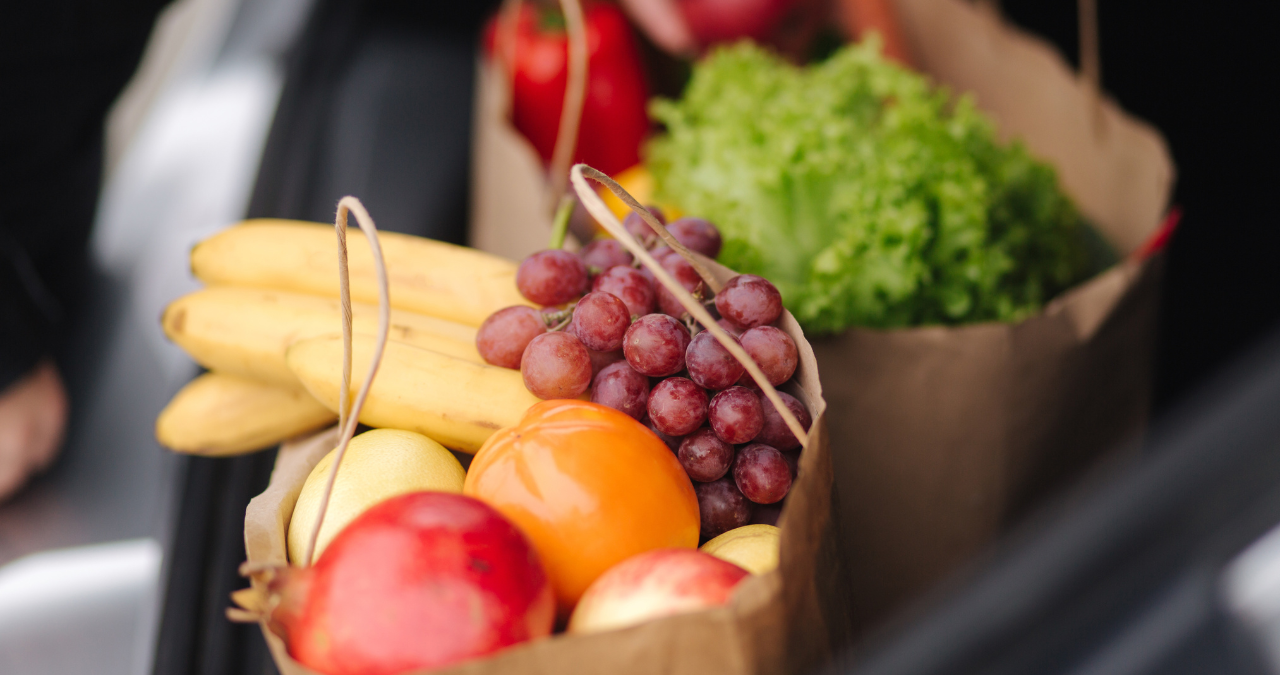If there’s one thing you can be sure of in the logistics, shipping, and transport industry, then it’s almost surely the ever-changing cost of fuel. Fuel prices are volatile, and today we’re seeing the effects of high gas prices. The rising cost of gas can have an impact on the cost of everything. When gas prices spike, the cost of food rises on the other side of the scale. Consumers will inevitably pay higher prices for their food (as will suppliers) when everyone in the supply chain is paying more for their fuel.
How Do Gas Prices Affect Food Prices?
When transportation costs for companies rise, it will cost more for people and goods to move around. Essentially, this is the core issue between gas and food prices – and why one affects the other. How do gas prices affect the final price of foods and other consumer goods?
Here’s what to know about how fuel prices can impact what consumers and suppliers pay for their food.
The Consumer’s Price
For example, let’s say that the average consumer pays $9.99 for a head of lettuce on the shelf. That’s the final price paid by the consumer when the item has made it to the store, and when everyone has added their mark-up to the product.
To understand the true impact of fuel prices and what we pay for our food, we first have to break down the cost of items as the consumer will see on their price tag.
First, the primary source of the product had to receive payment. Second, the product had to make it from the origin site to a warehouse. This process involves more companies and costs. From the warehouse, the product gets ordered by the supplier to the store – and the store adds their price to the item.
When the consumer pays approximately $9.99 for their head of lettuce, the item has traveled at least two, three, or more times to reach this destination.
The item’s transport is ultimately what affects the price a consumer pays for the goods.
When fuel prices rise, items increase in the final sale price. This is a result of what the connecting companies in the chain have to pay for the item to get there.
The Price of Gas
The price of gas isn’t set in stone. Instead, gas prices fluctuate at a rate that is different almost every day. If you work in the consumer industry (or the shipping and logistics industries), then what you charge for your services will inevitably depend on the average gas prices.
Fuel surcharge costs are one way in which companies in the logistics sector keep control of what they charge. For suppliers and consumers both, fuel surcharge costs help to ensure that the rising (or falling) cost of fuel doesn’t backfire on the end consumer cost completely. Nonetheless, the effects of fuel price changes can still be felt.
Even with the consideration of fuel surcharge costs, any sudden hike in fuel costs will mean that distributors, companies, and consumers all pay more for their goods.
What Impacts the Fuel Price?
If you want to fully understand the impact of fuel prices on food costs, you should know that there are hundreds of factors that potentially affect the final price of gas.
International fuel prices can be impacted by the price of crude oil, the price of transport, and any instabilities in the economy or exchange rate.
Fuel is one of the most volatile commodities you can get, and its impact is often felt far and wide.
Additional Information: Here’s what’s getting more expensive at the grocery store
Cannonball Express Transportation
Cannonball Express Shipping Company has been providing top-of-the-line service at a reasonable rate. Based in Omaha, Nebraska, we provide nationwide refrigerated LTL services, as well as, local delivery services. Contact us today!
Nationwide Shipping Company Services:
- Refrigerated LTL deliveries in the lower 48 states
- Refrigerated Cross dock
Local Shipping Company Services:
- Redelivery Services
- Truckload & LTL Capabilities
- PUP
- Cross dock
- Transload
- Warehouse and Distribution capabilities from multiple Omaha Locations

